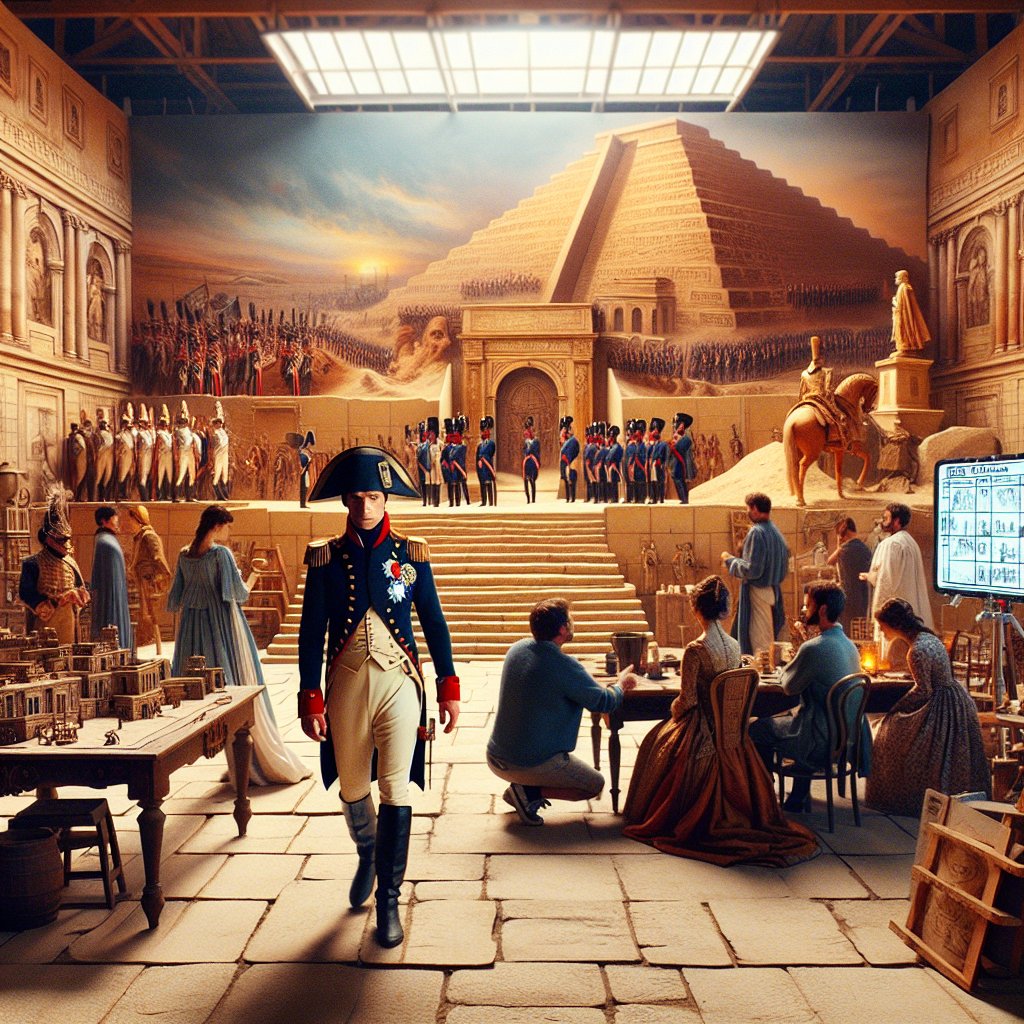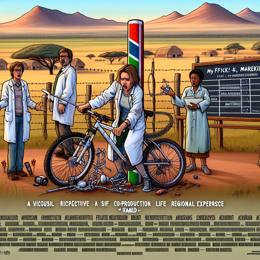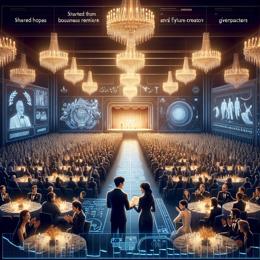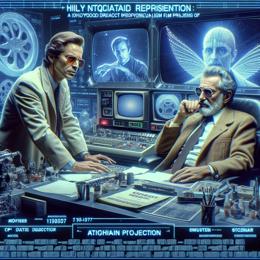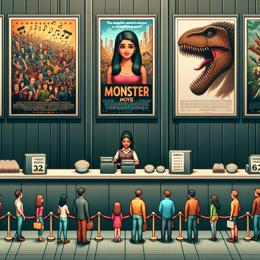Image: AI generated for illustration purposes
Deciphering Fact and Fiction: Ridley Scott's Napoleon and the Historian's Perspective
Napoleon Bonaparte's life has been subject to intense scrutiny and romanticization over the centuries, shaping a narrative that often blurs the line between legend and reality. Ridley Scott's recent Napoleon biopic serves as a contemporary canvas that reflects not only the figure's historical impact but also the complexities of adapting such a storied era for the silver screen.
The film enters the historical arena with the mammoth task of authentically portraying a character like Napoleon, whose image has been molded by a plethora of sources - some less reliable than others. The portrayal draws from a variety of influences, from the paintings of Jacques-Louis David, which depict Napoleon in propagandistic glory, to the disputed memoirs of his childhood friend Louis de Bourrienne.
A particularly contentious point regards whether or not Napoleon took aim at the pyramids during his Egyptian campaign. While the scene serves as a symbolic demonstration of his power and ambition in the film, it deviates from historical accounts that suggest his disregard for life was evidenced by far grimmer incidents.
Scott's depiction of Napoleon and Joséphine's relationship encounters similar historical dilemmas. Complex and turbulent, their love story is more nuanced than the simplistic trope of a young seductress and her besotted general that the silver screen tends to favor. Joséphine, far from being a mere object of Napoleon's affections, was an influential figure in her own right, retaining her imperial title even after their divorce.
The challenge doesn't end at the personal dynamics - Ridley Scott's biopic also tackles significant political moments like the Siege of Toulon and the storming of the Tuileries. While these events are central to understanding Napoleon's rise, the depiction of his involvement has more to do with the impressionistic storytelling than with detailed historicity. For example, it is highly unlikely that the young Napoleon witnessed the execution of Marie-Antoinette, given his military engagements elsewhere.
Paintings, memoirs, and films are forms of storytelling as much as they are historical documents. The biopic, while leveraging the emotional power of these sources, does sway from documented events. This maneuvering between historical veracity and narrative drama is not unique to Scott's portrayal but is inherent in any retelling of Napoleon's life – a narrative imbibed with myths even during his own time.
In sum, Ridley Scott's biopic offers a version of history that is interwoven with tales of Napoleon, layering past and present interpretations to render a compelling but not necessarily definitive exploration of his legacy. It is, ultimately, history reimagined through the prism of cinema.
